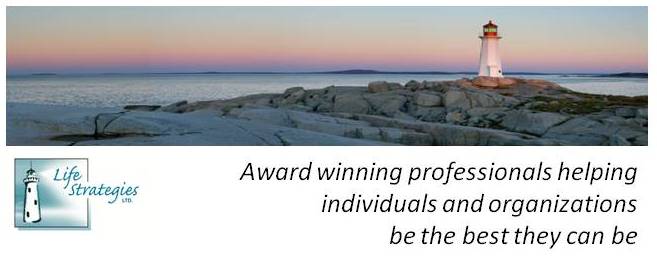 Credentialing and certification is a timely topic in the career management sector. In BC, with the changes to government funding structure for labour market programs, career service centres are increasingly looking for employees with not only very specific training, but relevant certifications. Although not new concept (i.e., many sectors have required relevant certifications for years), there is some uncertainty when any new certification is launched. What does certification mean? If I took a certificate program in school, am I already certified? Do I need to be certified? What does the certification process look like?
Credentialing and certification is a timely topic in the career management sector. In BC, with the changes to government funding structure for labour market programs, career service centres are increasingly looking for employees with not only very specific training, but relevant certifications. Although not new concept (i.e., many sectors have required relevant certifications for years), there is some uncertainty when any new certification is launched. What does certification mean? If I took a certificate program in school, am I already certified? Do I need to be certified? What does the certification process look like?What does certification mean?
Certification, and other similar terms including credential, designation, and qualification, is when an independent body vets your education and experience. You may have to adhere to a specific code of conduct / ethics, as well as commit to engaging in continuous learning to maintain your credential. Certification demonstrates an elevated level of professionalism and competence.
If I took a certificate program in school, am I already certified?
Certification is typically the next step after education. Although you may have a certificate from a college or university, this will most often represent completion of an educational program, not professional certification (i.e., meaning that you’re not “certified”). Certification often requires a mixture of specific training and relevant experience in the field; something that you may work towards in the first few years of employment.
Do I need to be certified?
Some certification is required in order to be employed, while other is optional. To find out, visit industry websites, talk to people already working in the field, and/or search the NOC listings at www5.hrsdc.gc.ca/noc/english/noc/2006/welcome.aspx
What does the certification process look like?
Each procedure is different but will typically require a formal application, specific training, outline of competencies, references, and a fee. Before you apply, take the time to review the application form or documents outlining the requirements and the process so that you know you’re submitting the right information. If you’re not sure about the process, just ask the association responsible for the certification – they may have a quick answer or refer you to an information session or tutorial.
In summary, navigating the certification process will leave career practitioners not only better equipped to serve their clients but will also give them an inside look at professional certification, preparing them to support clients through their own certification.




No comments:
Post a Comment